The Country Life Christmas message, by the Lord Bishop of Winchester: Jesus comes into our lives, our celebrations, and can inspire change
The Rt Revd Tim Dakin, the Lord Bishop of Winchester, writes a special Christmas message for readers of Country Life.

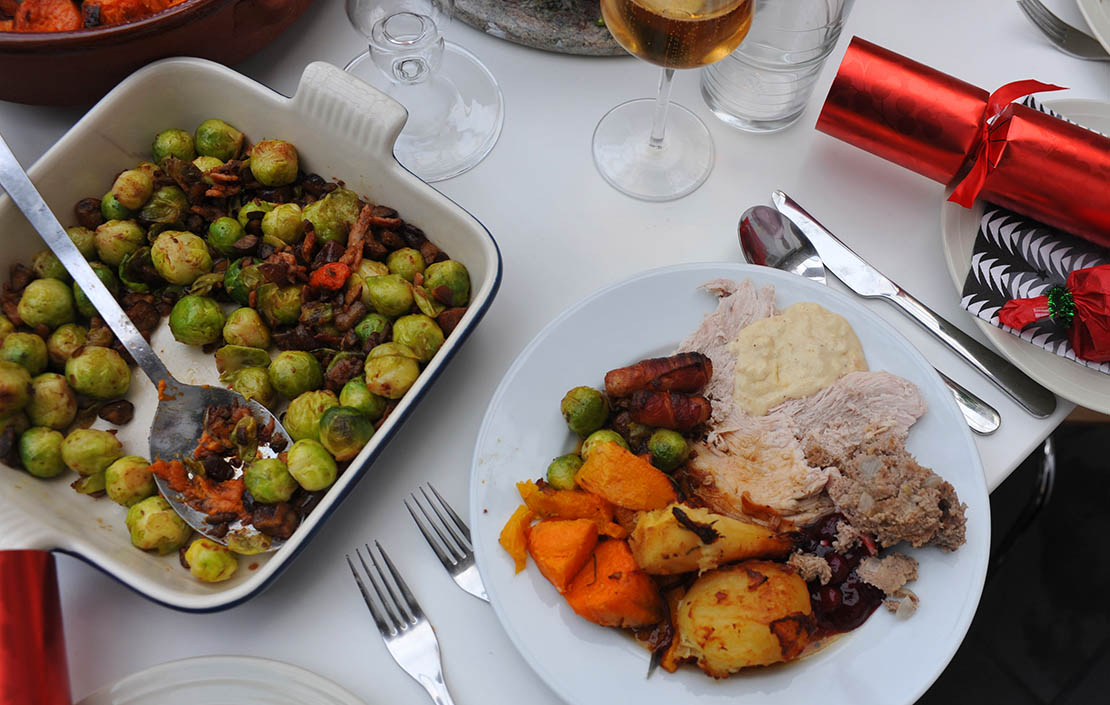
Exquisite houses, the beauty of Nature, and how to get the most from your life, straight to your inbox.
You are now subscribed
Your newsletter sign-up was successful
Everyone wanted to see Jesus. Many of us want to see a new baby. It’s a strong impulse and it’s at the heart of Christmas.
Of course, Christmas, as a festival, has evolved. In the West, it’s closely linked with the turning point of the year and the hope for more light, yet Jesus remains at the heart of this festival, as we celebrate not only the life we have been given, but share that life with others and support those less fortunate than ourselves.
More than that, Christmas is also about the hope that Jesus brings that things can be put right and that a relationship with God can empower us so that, in the same way that God comes as a small baby and brings joy and hope, He can inspire change in our lives daily.
Our Christmas celebrations bring together so many important and good aspects of our lives. We celebrate family, friends, gifts, new life and the hope that spring will eventually come with longer, warmer days. It’s not surprising that, at this time of year, we also make an effort to support those for whom life has not always been full of good things: the bereaved, the homeless, the ill and the lonely. We also recall the crippling level of poverty and debt that still grips many thousands in Britain.
The charity I’m supporting this Christmas is the Winchester Hospice project. As a young adult, I worked as a care assistant in a Sue Ryder home. I remember well the poignancy and depth to Christmas celebrations in that hospice setting as those who were close to the end of their life celebrated a final Christmas and faced, with family and friends, ultimate questions of life. Children, visiting with their families, were often oblivious to what was happening. They brought a simple happiness and the hope of life continuing.
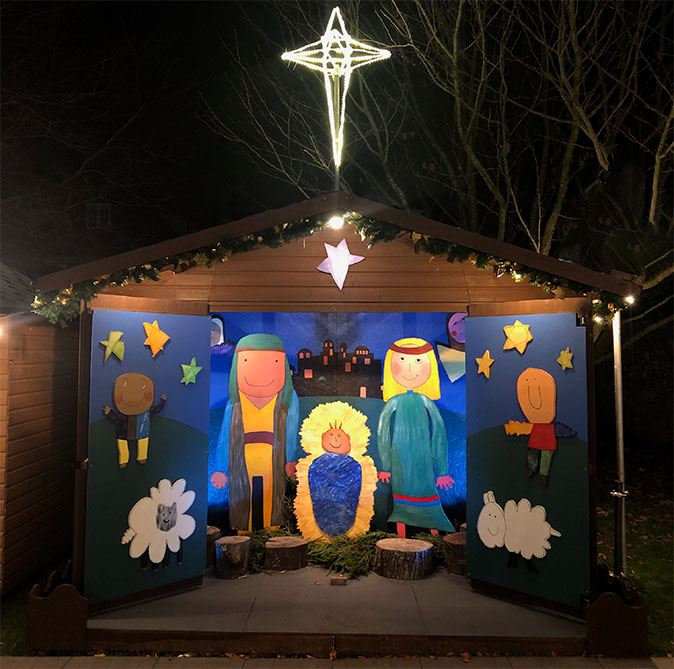
Soon after Jesus was born, his parents brought him to the Temple in Jerusalem to give thanks for his birth. There, they met Simeon, an old man conscious that his life was nearing its end. He came up to the young family and asked if he could hold the baby in his arms. As he held Jesus, his heart was filled with joy as he saw in the Child what he’d been longing for: the end of all things that destroyed and diminished all people’s lives. And so he prayed aloud, with bystanders listening: ‘My eyes have seen your salvation.’
Rembrandt captures this scene so well, depicting Simeon, with his old eyes closed, declaring that he has seen the salvation of God in this little baby. Each Christmas is a chance to see Jesus again, to see Him as the salvation of God and, indeed, to see Him as the Saviour of us all.
Exquisite houses, the beauty of Nature, and how to get the most from your life, straight to your inbox.
Jesus comes into the middle of all our celebrations and adds more than we can possibly imagine. He brings a hope that we can be saved from all that will destroy us and He offers us a way of relating to the God who sustains our life and brings us eternal hope. This is the Good News, the gospel, of Christmas.
Of course, salvation means so many different things in each culture wherever the gospel is shared, yet, across the world, Jesus enters into each culture to bring hope, especially in response to the deep questions of life and our search for values.
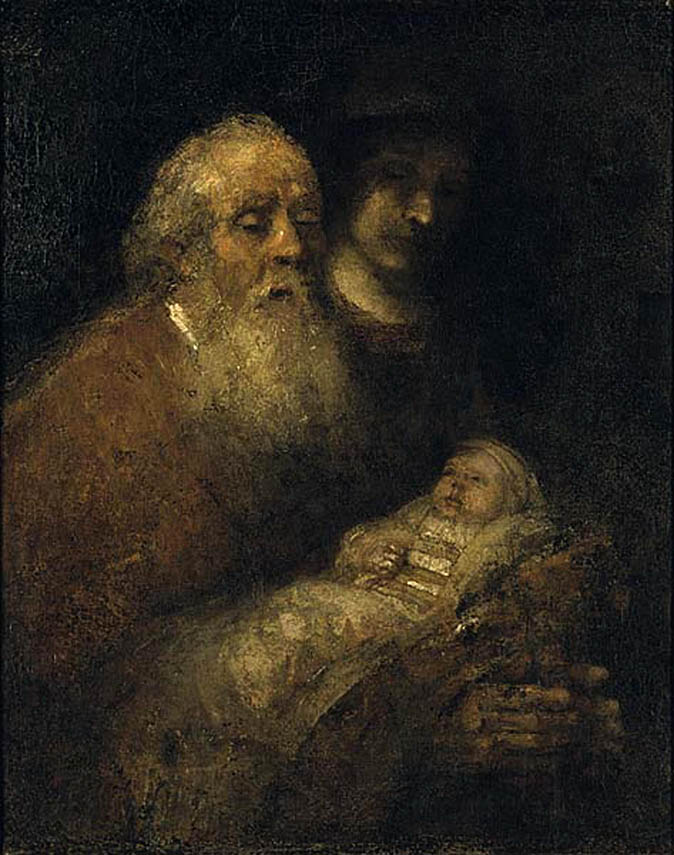
In our Western culture, we value the individual, so our questions are often about how individual needs are met. In other parts of the world, our questions are about the well-being of the family or the wider life of our ethnic community. Parts of Latin American and African Christianity have values that are more focused in this way and are closer to Jesus’s Jewish culture.
These wider perspectives challenge our Western perspectives, as do the presence and vitality of other religions and philosophies – particularly the traditions of Islam, Hinduism and Buddhism – that remind us that the culture of Western secularisation is not a majority viewpoint. For most people around the globe, the spiritual world is real. The Christmas gospel – that God comes in human form – is, therefore, of major spiritual significance: it says something about reality, about how God relates to us and how we are to live. It raises the big questions of who we are, why we are here and how we should live our lives.
However, there is one major concern that now affects us all, wherever we live and whatever we believe: the future of our planet. How we live our lives is now being seen to have a direct impact on others. This makes our values public for all to see. If we’re focused on our own happiness in a way that damages the planet, then this can now no longer be hidden: we’ve gone past the point at which such damage can be absorbed. The plastics we use as part of our modern marketing and packaging are filling our oceans.
However, deeper than that, is the question of how we’re using the planet for food production. We’re beginning to realise that we’re running out of usable land and that the soil is losing its vitality.
How we live is often related to questions of who we are and why we’re here. I think all religions are united in saying that we must live in such a way as not to damage the planet and put others at risk. For the Christian faith, God is so much part of our lives that He became human, which means our physical world is most valuable – God can be seen in it: He can be held and touched. If we see ourselves as part of God’s creation, which we have a responsibility to care for as He does, that will motivate our lifestyle.
If our purpose is to love others as part of loving God with all of our lives, then that is also a source of action. The baby at Christmas makes salvation visible, but He also makes clear the salvation we need.
The question that brings it home to me is ‘What kind of planet am I bequeathing to my grandchildren?’. It’s the vulnerability of Jesus that challenges us. How are we treating others and this world so that the newly born have future possibilities and hope? If we’re not living in the right way, then we’re doing wrong. Christians talk about this in terms of sin: the kind of action that badly affects others and undermines the good things that God intended for the world.
The vulnerable Baby Jesus puts the question to us: we hold the future of others in our hands. Thus, Jesus brings us to the point of recognising our sin and our need for change. The reality of the hunger and poverty of others brings this home to us directly. A Christmas Carol, Charles Dickens’s famous story, brought it home to Victorian Britain. This is now a global challenge.
Saying sorry at Christmas is about taking Jesus in our arms and seeing both the challenge and the promise. For those of us who enjoy and appreciate the countryside, there is an interesting angle here. Historically, some scholars suggest Jesus was actually born at some point in September, when we often celebrate harvest. Harvest is now also a focus for environmental concerns: how we care for the land, remembering the coming generations.
Our Christmas dinner is something that many farmers have been planning for months, so it can also be a time in which we reflect a bit on the gift of life, the vulnerability of us all and some of the major changes we need to make.
The greatest gift we may want to give others this Christmas is the gift of a planet that has a future in which the hungry can be fed and the poor will be nourished. What will you do this Christmas, perhaps looking forward to New Year’s resolutions, to make a difference?
The charity Bishop Tim is supporting this year is the Winchester Christmas Appeal – see more details at www.justgiving.com/fundraising/winchesterchristmasappeal
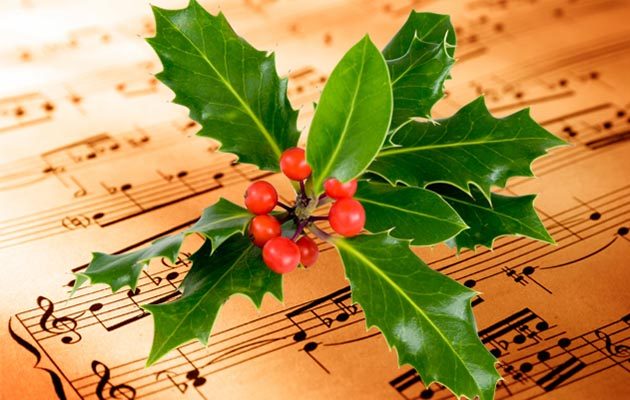
The truth about Christmas carols
The composer and tenor Andrew Gant reveals the curious truth about some of our most beloved carols.
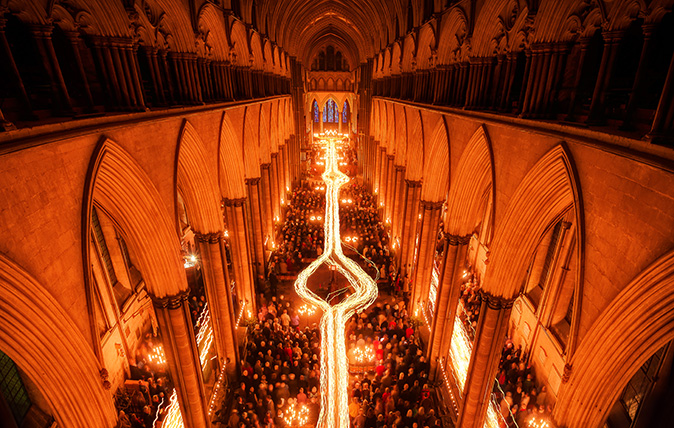
The best places in Britain to go and hear Christmas choir services over the festive period
Katy Birchall takes a look at the Festival of Nine Lessons and Carols at King’s College, Cambridge, and picks out
